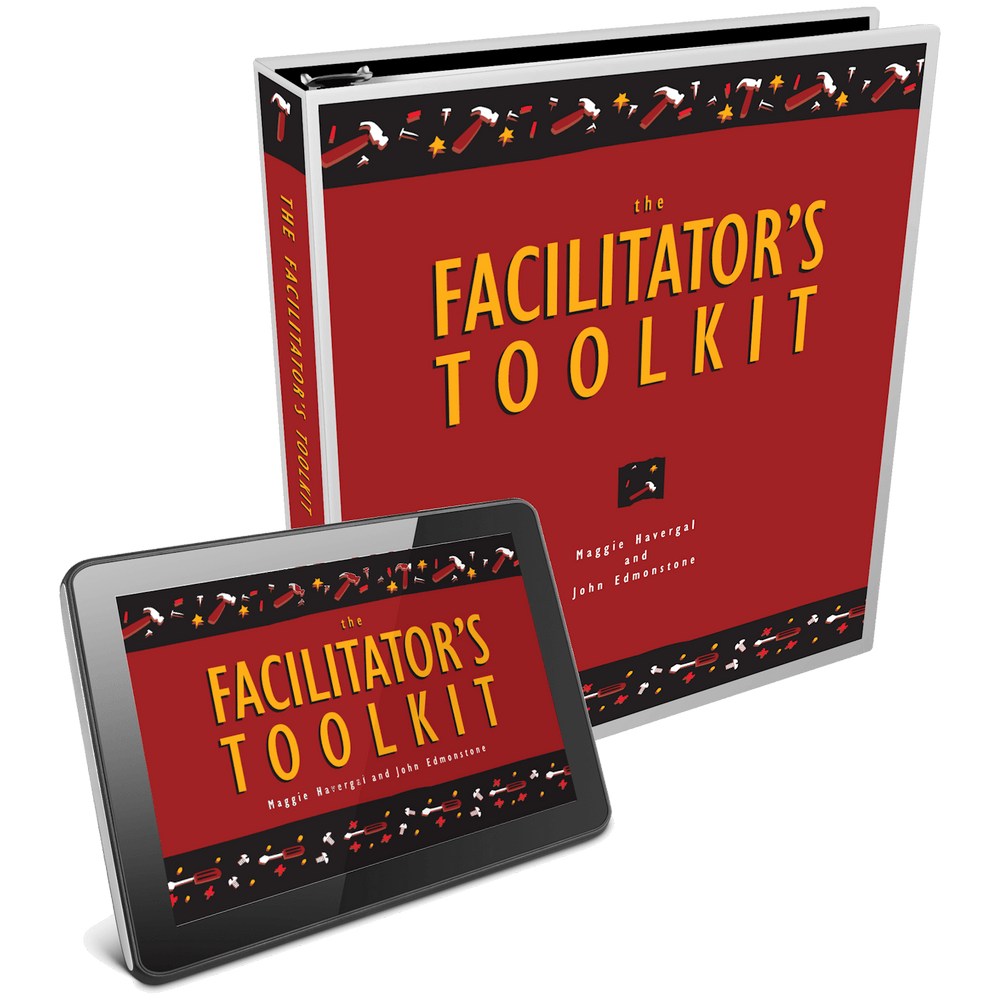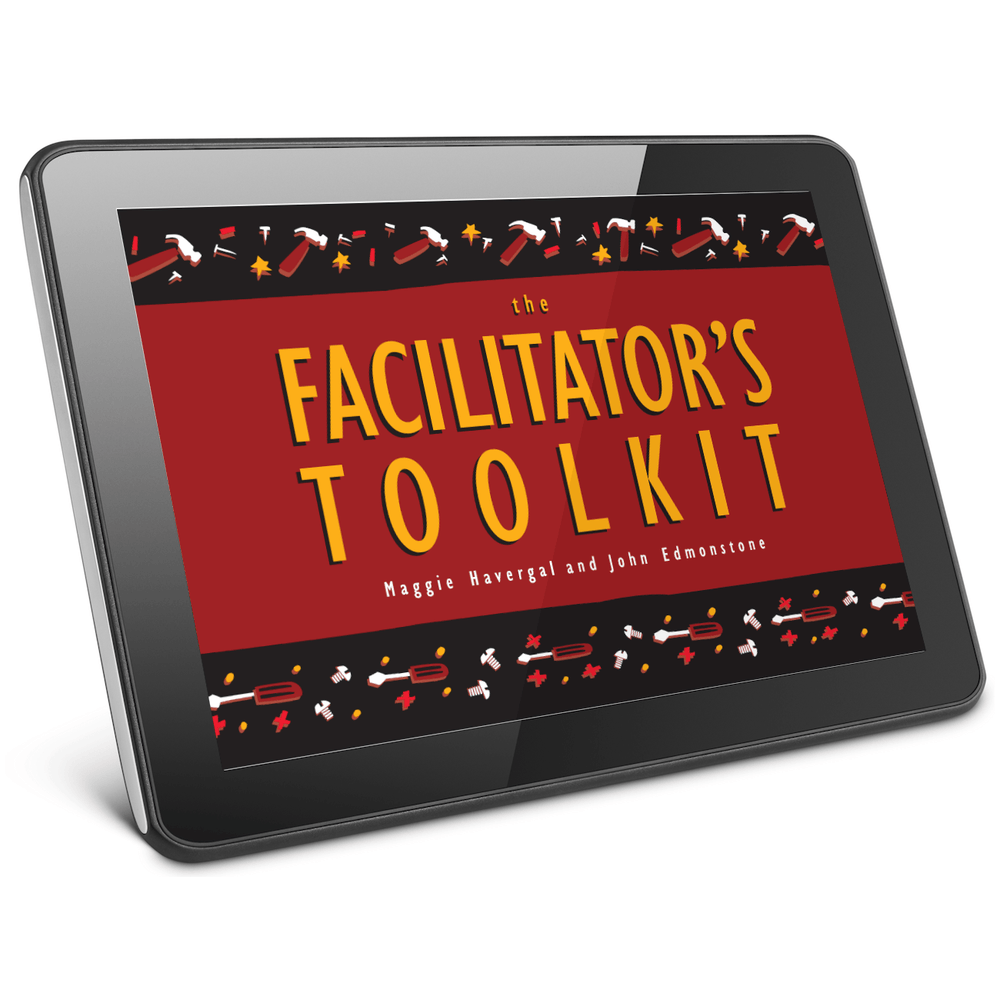
Facilitator's Toolkit
Empower Training Success with Over 40 Tools and Strategies
If you're looking for a comprehensive resource to develop the skills and confidence needed to successfully facilitate any training session, look no further than the Facilitator's Toolkit. This toolkit compiles over 40 tools, discussions, and case studies that inexperienced facilitators can use to jumpstart their training sessions. With the toolkit, you can ensure that your training sessions are engaging, effective, and impactful. Develop the skills and confidence needed to successfully facilitate any training session with the Facilitator's Toolkit.
How It Works
Straightforward and practical, the Facilitator's Toolkit is divided into three sections.
Part I: Facilitation
Part I answers the question "What is a facilitator?" and identifies the qualities of a poor facilitator. Participants will also discuss the different styles of facilitators and review the basic skills necessary for effective facilitation.
Part II: The Toolkit
The toolkit contains over 40 techniques and approaches facilitators can use for a complete learning experience. Part II includes organizing tools, approaches for diagnosis and discussion, deciding tools, planning tools, and tools to deal with sabotage.
Part III: The Toolkit in Action
Put the toolkit into action as you prepare and design workshops in Part III. This section also includes three case studies to show if the toolkit was used successfully.
Uses and Applications
Discover the central concepts and applications for each of the three sections below.
Part I: Part I focuses on how facilitators recognize the symptoms of teamwork problems, diagnose the patterns underlying these problems, and intervene in the team’s processes. This section also covers the styles available to facilitators and deals with the most basic facilitator skills – listening and questioning. It considers the situation of line managers who take on a facilitation role and concludes with considerations of beginning work as a facilitator and agreeing on a “contract” to facilitate.
Part II: Part II serves as an introduction to understand how the tools are organized. It is in this step that facilitators will begin to adapt the tools they need to meet their training objectives.
Part III: The three case studies put these tools to use on three real occasions. Situations are inspired by a wide range of sources, including an engineering company, a friendly society, and a hospice.
These case studies demonstrate how different tools may be used in or adapted to different settings and reveal the importance of context and flexibility required of the facilitator in applying the tools.
Learning Outcomes
By the end of this workshop, participants will:
- Have full comprehension of what it takes to run a successful training session.
- Diagnose patterns or actions hurting teams during training.
- Understand how to promote support and mentoring beyond traditional training.
- Learn how to optimize their training.
- Discover how to identify and address challenges in the classroom.
- Embrace new ideas for creating a supportive and engaging learning environment.
What to Order
The Facilitator's Toolkit Print & Digital
The Facilitator's Toolkit Print & Digital combo includes the facilitator guide in a convenient 3-ring binder format along with the Digital Version. The digital materials will be delivered upon purchase.
The Facilitator's Toolkit Digital
The Facilitator's Toolkit Digital Version includes the facilitator guide and support materials delivered as a single digital file for a paperless training experience.


